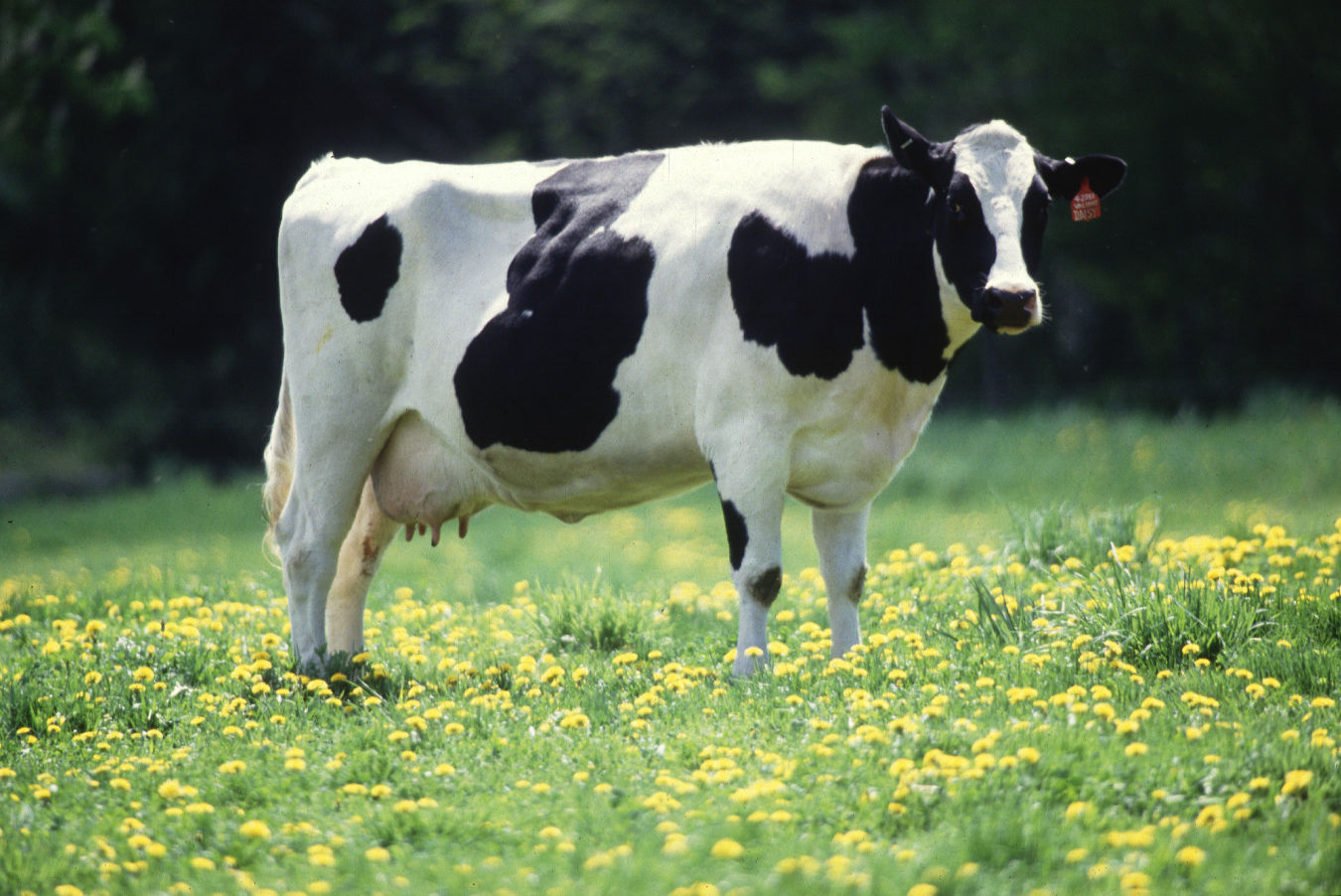The whirlwind of news that a highly pathogenic avian flu has afflicted several dairy herds in Texas and Kansas spread quickly, and it is an evolving story, according to veterinarians and dairy experts alike.
The good news, according to Dr. Jan Jardon, a dairy Extension veterinarian at Iowa State University, is that precautions are in place to protect the nation’s milk supply. Jardon and other experts spoke on a March 26 webinar hosted by the Extension and Outreach Dairy Team of Orange, City, Iowa.
Another piece of good news was that nearby beef cattle have not shown any of the signs of the disease, officials said.
Texas Agriculture Commissioner Sid Miller received confirmation from United States Secretary of Agriculture Tom Vilsack and the Animal and Plant Health Inspection Service that the mystery disease has been identified as a strain of Highly Pathogenic Avian Influenza.
March 25 tests were positive
As of Monday, March 25, unpasteurized, clinical samples of milk from sick cattle collected from two dairy farms in Kansas and one in Texas, as well as an oropharyngeal swab from another dairy in Texas, have tested positive for HPAI, according to officials.
Additional testing was initiated on March 22, and in the following days producers have also reported finding deceased wild birds on their properties. Based on findings from Texas, the incidences of disease detected appear to have been introduced by wild birds. Initial testing by the National Veterinary Services Laboratories in Ames, Iowa, did not find any evidence that the virus is transmissible to humans, which would indicate that risk to the public of catching the disease remains low.
“There is no threat to the public, and there will be no supply shortages,” Miller said. “No contaminated milk is known to have entered the food chain; it has all been dumped. In the rare event that some affected milk enters the food chain, the pasteurization process will kill the virus.”
Kansas officials said initial testing has not found changes to the virus that indicate mammal-to-mammal transmission.
Collaboration on task
Jardon said land-grant universities throughout the Plains states and the U.S. Department of Agriculture are working together and sharing information. He understands the importance of determining the cause and how HPAI spreads. It is likely to be a process that will take an extended period of time, he said, noting that he could not put a more specific timeline on it.
Because the Texas dairies were located near the panhandle, there were concerns that the Smokehouse Creek fire could have changed the travel patterns of migrant birds. Those on the call said whether the fire could have done so is a valid question, but it will take time to determine the answers. Speakers said it was important to share information but not to share misinformation.
Speakers on the webinar and information provided by state animal health departments both urged producers to work closely with their veterinarians.
Dr. Jeff Kaisand, Iowa’s state veterinarian, said producers need to review their biosecurity plan with their employees.
Signs of animal stress include depressed milk production and thickened milk, Jardon said. A cow might or might not have a fever. Stools may be tacky and dehydrated or loose.
No known cases of mortality
Dairy producers have reported signs of illness in cows, but there are no known cases of cow mortality from the HPAI. Employees at the dairies have also shown no signs of illness.
Kaisand said it is essential that dairy operators work closely with herd veterinarians, particularly if animals are coming in from another farm. A quarantine process needs to be followed based on the herdsman’s veterinarian’s recommendation.
He reiterated the importance of staying informed.
“Get your information from a trusted source,” Kaisand said. “We’ll get through this.”
U.S. Sen. Roger Marshall, a Kansas Republican and a member of the Senate Agriculture Committee, said his office will continue to monitor any disease spread, but he believes the proper protocol is being followed.
“I want to relay that from the information we have received there is not a human health concern,” Marshall said. “Our dairymen work closely with veterinarians to monitor the health of their livestock and to ensure any sick cows are cared for and are not being milked for human consumption. All milk for sale at local grocery stores has also been pasteurized, which is effective against influenza.”
Watch for stray grain
Dairy producers were urged to minimize stray grain that can serve as a feed source for birds. While migratory birds are often cited as the instigator of avian flu, the virus has carried over into domestic poultry herds. Even when infected poultry are removed, it is possible the virus can stay intact.
A goat in Minnesota that contracted HPAI has died. Minnesota’s Board of Animal Health said the infected goat shared the same pasture and pond as poultry, according to David Brown, a University of Missouri Extension small-ruminant specialist. The Minnesota goats were tested after the producer noticed unusual deaths in newborn goats. The goat lived on the same farm where there had been an outbreak of HPAI in February.
Dave Bergmeier can be reached at 620-227-1822 or [email protected].




